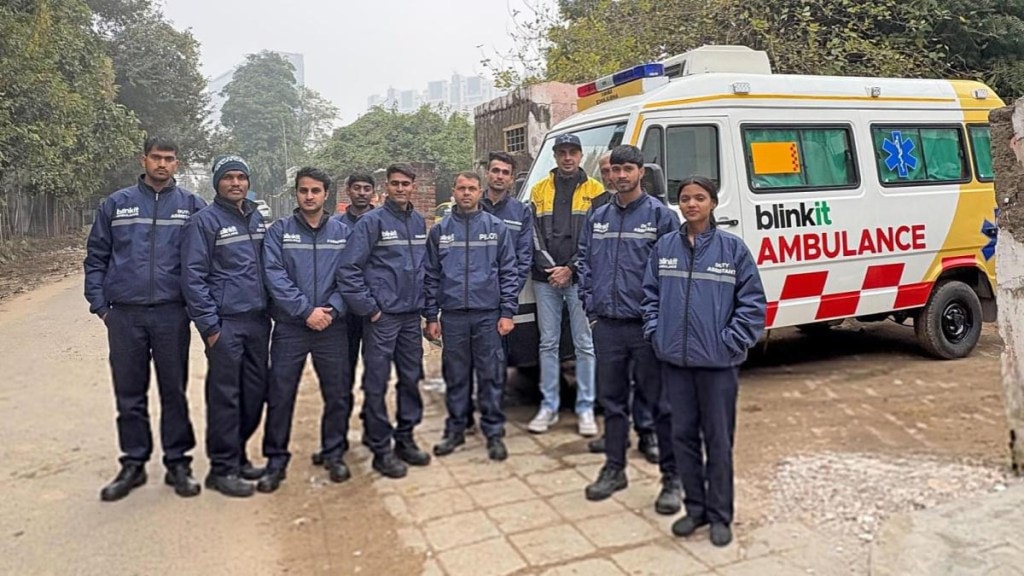Blinkit’s foray into 10-minute ambulance services has drawn both applause and scepticism. Known for revolutionising quick commerce with ultra-fast grocery delivery, the Zomato-owned platform now aims to address one of the most critical healthcare gaps. But past such ventures show this is a high-stakes venture fraught with challenges.
The ambulance tech sector has seen its share of ambitious players, but most of them have failed to scale. Of the 29 startups launched, nine have shut shop, with the segment raising a paltry $4.07 million in total equity funding over the past five years, according to Tracxn. “Fragmented infrastructure, unreliable services, and a maze of regulations make this one of the toughest segments to crack,” says Milan Sharma, founder and MD, 35North Ventures.
Leveraging its hyperlocal logistics network, Blinkit promises to deploy ambulances equipped with life-saving equipment and staffed by paramedics, operating 24/7 with a 10-minute response goal. Profit isn’t the objective, the company claims, and the service will be offered at affordable rates. But scaling this pan-India is easier said than done. Experts argue that in emergency healthcare, speed alone isn’t enough. “Many companies focus on quick ETAs, but survival rates and treatment initiation times matter more. Preparedness, not just speed, determines outcomes,” says Dilip Kumar from Rainmatter, the funding arm of Zerodha.
Blinkit’s success will hinge on operational precision, reliable paramedics, strong medical partnerships, and a robust back-end system — the areas where other startups have struggled. The stakes are undeniably high, but the rewards could be transformative. According to Grand View Research, India’s ambulance services market is projected to grow from $889.6 million in 2023 to $1,920.4 million by 2030 at a CAGR of 11.6%. If Blinkit succeeds, it could pave the way for other q-comm players to enter the space. However, the economics of emergency healthcare are starkly different from quick commerce. Unlike groceries, ambulance services are low-frequency, high-stakes operations with thin margins. “Only companies with deep financial reserves and a long-term vision to build healthcare logistics will sustain this model,” adds Sharma.
Analysts agree that for Blinkit, this venture could either redefine quick commerce, or become a cautionary tale of overreach.
